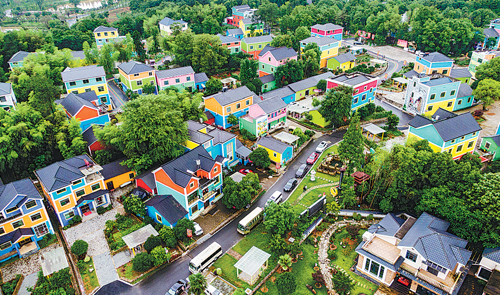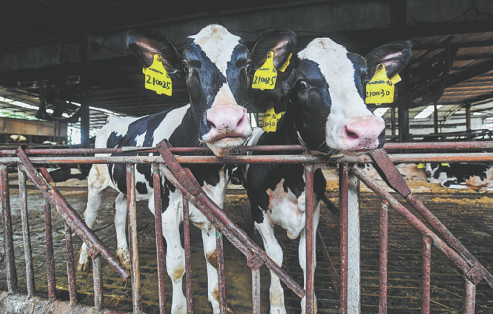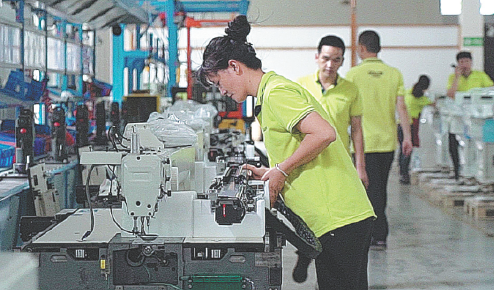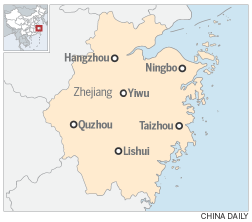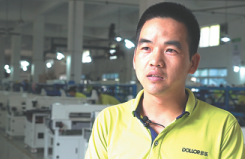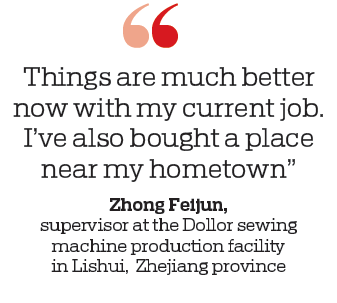Cooperation pays off in Zhejiang
Links between urban, rural areas of province demonstrate benefits of inclusive growth





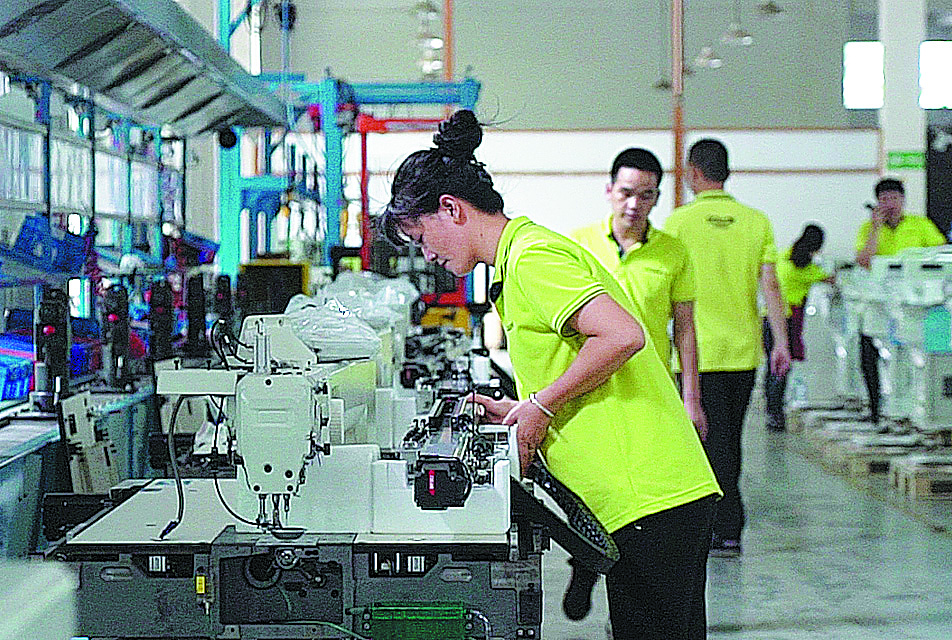
Creating opportunities
Yiwu, known as a global small commodities trading hub, is also lending its strengths in manufacturing and logistics to fuel the development of Liandu's arts, crafts, cultural and creative products industries.
Involving stationary, toys, sporting goods, textile, souvenirs and artwork, the partnerships cover more than 2,500 product categories, over 300 major enterprises and a sales volume of 150 million units in a single year, with exports to over 30 countries and regions.
Zhao Guifeng, manager of the Yiwu-Liandu Shanhai Collaborative Art Exchange Center, which showcases the areas' projects and products, said the partnerships help promote Lishui's cultural and scenic attractions at home and abroad, such as its local ethnic and artistic communities located amid pristine mountains and clear waterways.
"We effectively match Yiwu's manufacturing strengths with our artists' work on creative and cultural products. Yiwu's global platforms, such as its involvement in commodity fairs, help to showcase local products, artists and artisans," Zhao said.
In western Zhejiang's Quzhou, the city's food and farming industries are also tapping the economic strengths of the province's coastal and urban centers, such as the major port city of Ningbo.
Hu Fangjun, 37, was a homemaker before she found work as a shop manager at the Heron Ranch dairy farm and ecotourism attraction in Quzhou's Qujiang district.
"I had to rely on my husband's income. But I've since learned a lot in the three years here. I have received training in production and sales, all from scratch, and I have trained others as well," said Hu, who makes at least 4,000 yuan a month.
The ranch-which has about 1,000 head of imported cattle that can each yield 40 liters of milk a day-covers 80 hectares and has more than 120 staff members, who are mostly local residents, such as Hu.
Ruan Guohong left Ningbo five years ago to return to his hometown, setting up the farm with his three decades of industry know-how, modern management capabilities and business networks.
"I wanted to use the latest green development methods here, in line with the policies to grow the local economy via its environment. We know that water quality is integral in this industry, and Quzhou's advantages are clear in that regard," said Ruan, who is eyeing expansion of his business in order to give even more residents a stake in the growth of the industry.
The farm's sustainable practices have also helped transform the grounds of the dairy farm into a highly profitable scenic spot, he said.
Sa Guoyuan, the local village Party secretary, said more than 80 households have been involved in an arrangement that uses their land for Heron's purposes, bringing in yields of at least 500 yuan a year per 0.067-hectare plot on top of their wages from the company.
"The improvements are here for all to see," he said, pointing out that many thousands of visitors arrive at the farm every year to enjoy its "green grass and clear streams", and that this has raised the profile of the entire village.
Zheng Xiaoyun, head of the collaboration section at the Center for Economic and Technical Collaboration in Qujiang district, said the success of Shanhai projects such as the Heron Ranch reflects the crucial exchange of talent, resources and technology, contributing to overall socioeconomic development.
"We're planting the seeds of development and it takes time. We are working together, knowing that the resources are for everyone," she said.
Hu, the shop manager, said: "Working makes me happy. There's still a lot for us to learn and we're all looking forward to it."
